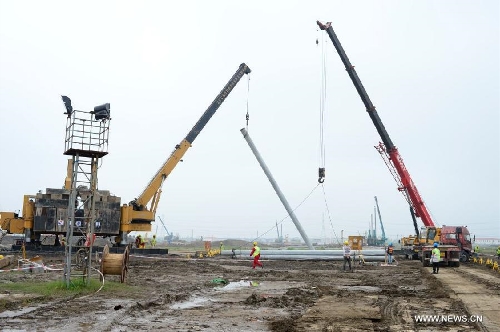spacemt354
Chili's
...yet it was the strength of merch that lead to putting Cars into the Route 66 concept at DCA...
... yet virtually every modern attraction real estate set aside for a merchandise location at the exit...
... ... yet the success of breakouts like Harry Potter were fueled by merchandise sales...
Yes, it certainly sounds like these two concepts have nothing to do with each other
I don't think @Tim_4 suggested that merchandise did not have an effect on the decisions of Carsland and such. What he suggested, and what I agree with, is that merchandise by itself does not make an attraction or land successful.
Harry Potter and the Forbidden Journey would still be a great attraction even if you couldn't purchase a wand in a gift shop after the ride. Any sort of merch options are a bonus to the actual attractions, which in and of themselves, do not succeed because of merchandise sales.
Mostly every attraction has some kind of gift shop at the end of the ride. But you don't ride the attraction just so you can quickly get off and get to the shop. You ride the attraction for the attraction itself. And you visit the land for the ambiance and the scenery. Not for the gift shop.
It might have been the M.O. of Disney and others these last few years to design lands and attractions regarding films they know are popular, and have an eclectic variety of merchandise options in the land, but Avatar is not one of those films.
No, you don't see Avatar merch in the stores, but quite frankly, I think this is a good move by Disney. Taking a concept and focusing on the substance of the land itself with seemingly very little regard to potential bonuses from selling already popular merch. And there is a track record of successful attractions that follow this notion. Splash Mountain, Space Mountain, Expedition Everest, Tower of Terror, etc...


